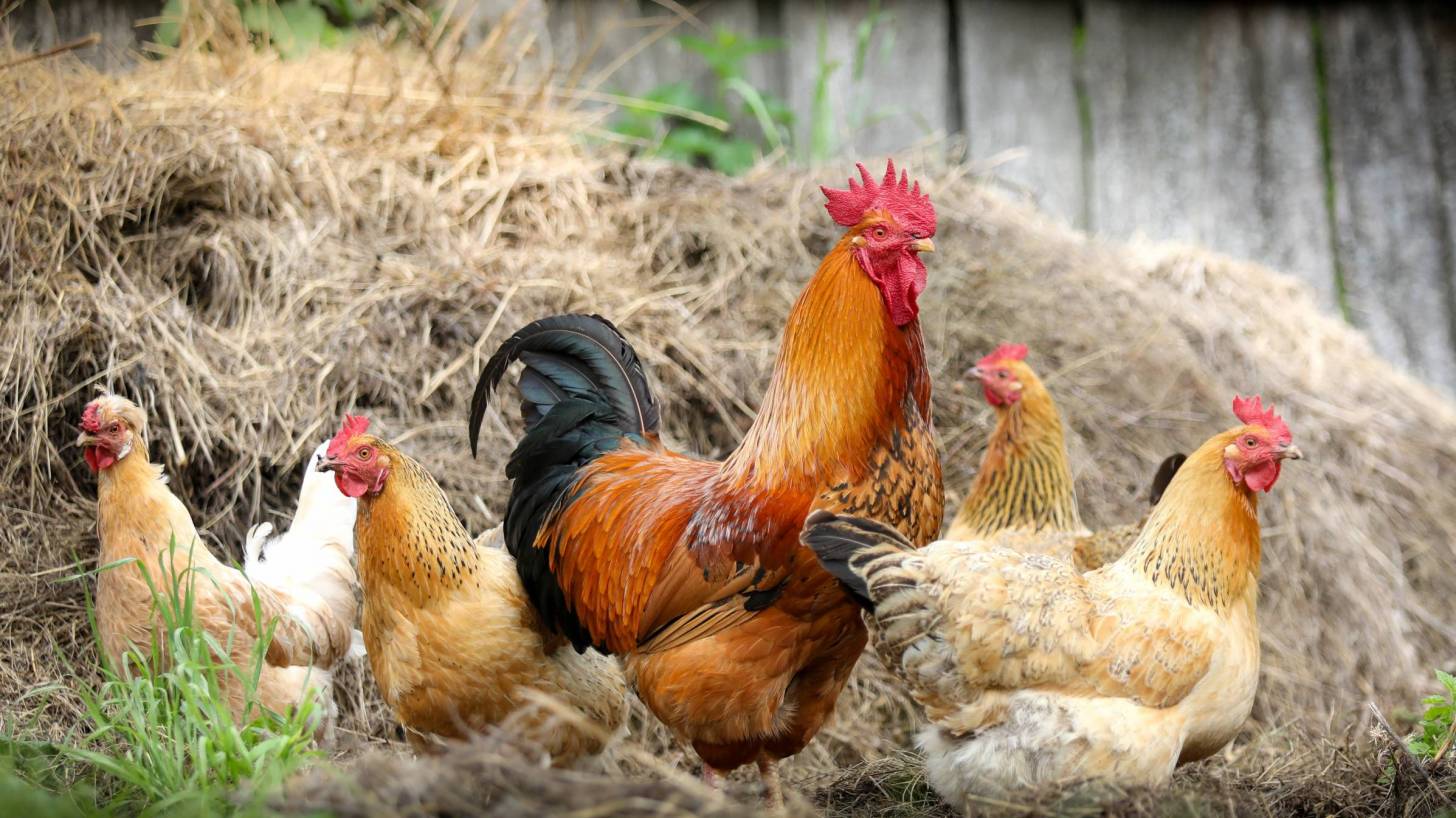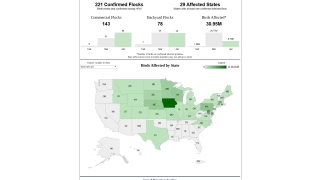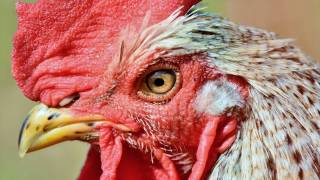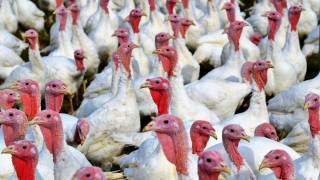First Human ‘Bird Flu’ Case Confirmed in China

The world’s first human case of ‘bird-flu’ has been confirmed in China.
The National Health and Family Planning Commission (NHFPC) confirmed the first human case of avian influenza A (H7N4) ever reported was confirmed in Changzhou of Jiangsu Province from February 10 to 14, 2018.
Changzhou borders Zhenjiang to the west and Wuxi to the east and is almost in the middle, 160 km and 110 km respectively, from Shanghai and Nanjing.
According to a report from the Chinese Center for Disease Control and Prevention (CCDC), the genes of the virus were determined to be of avian origin.
"All novel influenza A infections, including H7N4, are notifiable infectious diseases in Hong Kong," the spokesman for the Centre for Health Protection (CHP) said.
The CHP's Port Health Office conducts health surveillance measures at all boundary control points.
According to the NHFPC, this case involved a 68-year-old female had contact with live poultry before the onset of symptoms. All her close contacts did not have any symptoms during the medical surveillance period.
"Travellers to the ‘China’ Mainland or other affected areas must avoid visiting wet markets, live poultry markets or farms. They should also avoid touching poultry/birds or their droppings. They should strictly observe personal and hand hygiene when visiting any place with live poultry," the spokesman reminded.
Travellers returning from affected areas should consult a doctor promptly if symptoms develop, and inform the doctor of their travel history for prompt diagnosis and treatment of potential diseases.
The Asian lineage H7N9 and HPAI Asian lineage H5N1 viruses have been responsible for the most human illness reported to date.
The United States federal government maintains a stockpile of vaccines against Asian H5N1 and Asian H7N9 viruses, says the Centers for Disease Control and Prevention (CDC).
There are four types of influenza viruses: A, B, C, and D.
Wild aquatic birds – particularly certain wild ducks, geese, swans, gulls, shorebirds, and terns – are the natural hosts for most influenza type A viruses.
Influenza A viruses are divided into subtypes on the basis of two proteins on the surface of the virus: hemagglutinin (HA) and neuraminidase (NA).
The symptoms of avian influenza A virus infections in humans have ranged from mild to severe and include, but is not limited to conjunctivitis, influenza-like illness, abdominal pain, diarrhea, and vomiting, severe respiratory illness, neurologic changes, and the involvement of other organ systems, says the CDC.
The CCDC said the public should maintain strict personal, hand, food and environmental hygiene and take heed of the advice below if handling poultry:
- Avoid touching poultry, birds, animals or their droppings;
- When buying live chickens, do not touch them and their droppings. Do not blow at their bottoms. Wash eggs with detergent if soiled with faecal matter and cook and consume the eggs immediately. Always wash hands thoroughly with soap and water after handling chickens and eggs;
- Eggs should be cooked well until the white and yolk become firm. Do not eat raw eggs or dip cooked food into any sauce with raw eggs. Poultry should be cooked thoroughly. If there is pinkish juice running from the cooked poultry or the middle part of its bone is still red, the poultry should be cooked again until fully done;
- Wash hands frequently, especially before touching the mouth, nose or eyes, before handling food or eating, and after going to the toilet, touching public installations or equipment such as escalator handrails, elevator control panels or door knobs, or when hands are dirtied by respiratory secretions after coughing or sneezing; and
- Wear a mask if fever or respiratory symptoms develop, when going to a hospital or clinic, or while taking care of patients with fever or respiratory symptoms.
Additionally, the CDC has posted avian influenza guidance for healthcare professionals and laboratorians, including guidance on the use of antiviral medications for the treatment of human infections with novel influenza viruses associated with severe disease.
The CDC currently recommends treatment with a neuraminidase inhibitor for human infection with avian influenza A viruses. The CDC suggests that most viruses are susceptible to antivirals, such as oseltamivir, peramivir, and zanamivir.
These antivirals can be purchased at most pharmacies, and prices can be viewed at the CDC Price List.
Our Trust Standards: Medical Advisory Committee

























